Bestoffersfortoday.com may hijack your browser and cause redirects to its homepage while you are browsing. It may also display branded advertisements campaigns on your browsers. Such ads are coming from adware network which may be associated with persistent PUPs (Potentially Unwanted Programs) on your computer. Such programs may cause various types of pop-ups, banners and browser redirects which significantly diminish browsing experience.
Remove Bestoffersfortoday.com Browser Redirect and Restore PC
Manual Removal Guide
Skip all steps and download anti-malware tool that will safely scan and clean your PC.
SpyHunter anti-malware tool will diagnose all current threats on the computer. By purchasing the full version, you will be able to remove all malware threats instantly. Additional information about SpyHunter / Help to uninstall SpyHunter
Symptoms and Consequences of Bestoffersfortoday.com Browser Redirect
Bestoffersfortoday.com browser redirect is most likely caused by potentially unwanted programs installed on your PC. Such programs can modify essential settings such as the default home page, search engine, and new tabs page. Мost developers of potentially unwanted programs aim to receive money for each download of their software and are pushing their suspicious software to as many computers as possible. Thus, users witness numerous browser redirects to Bestoffersfortoday.com and get flooded by suspicious advertisements. Bestoffersfortoday.com may hijack popular browsers like Google Chrome, Mozilla Firefox, Internet Explorer, Opera, Safari, etc.
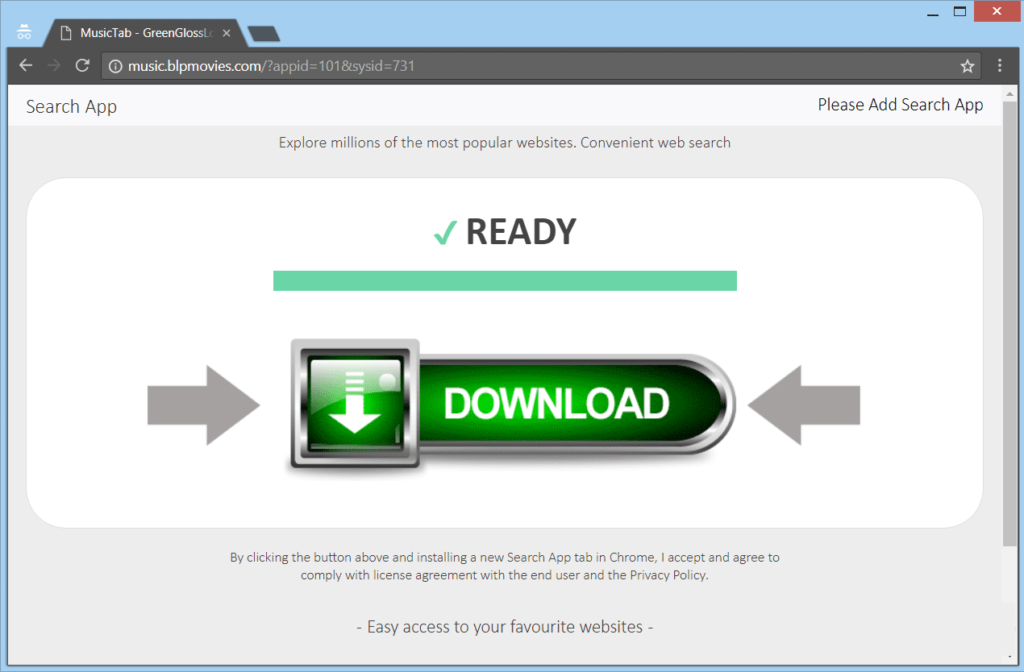
Bestoffersfortoday.com may be used to redirect users to sites containing spam and even some sort of malware too. Only one click on these ads and pages could redirect you through dozens of pages that are part of a pay-per-click scheme. Furthermore, Bestoffersfortoday.com redirect can obtain personal information about you that is likely to be disclosed with third-parties. So make sure to avoid entering any login details on its homepage and check your system for unwanted software associated with this browser hijacker.
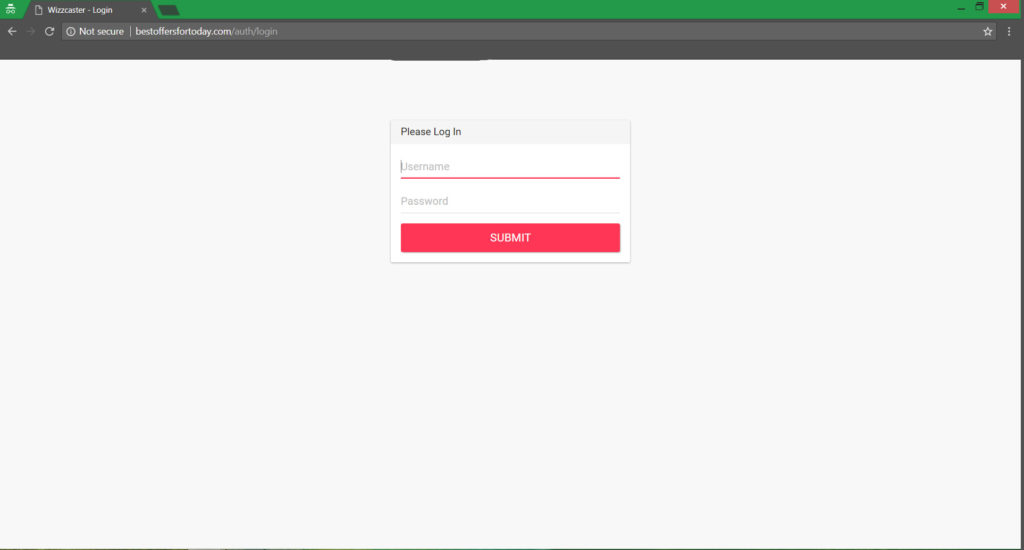
Where Did My PC Get Infected From?
The primary method of Bestoffersfortoday.com distribution is software installed via bundling. Bundling is essentially combining the installation of Bestoffersfortoday.com with a setup of other software.
The criminals behind Bestoffersfortoday.com browser redirect may utilize affiliate networks, ads and other types of web scripts to redirect internet users into the download pages.
Remove Bestoffersfortoday.com Browser Redirect and Restore PC
WARNING! Manual removal of the Bestoffersfortoday.com browser redirect requires being familiar with system files and registries. Removing important data accidentally can lead to permanent system damage. If you don’t feel comfortable with manual instructions, download a powerful anti-malware tool that will scan your system for malware and clean it safely for you.
SpyHunter anti-malware tool will diagnose all current threats on the computer. By purchasing the full version, you will be able to remove all malware threats instantly. Additional information about SpyHunter / Help to uninstall SpyHunter
Bestoffersfortoday.com Browser Redirect – Manual Removal Steps
Start the PC in Safe Mode with Network
This will isolate all files and objects created by the ransomware so they will be removed efficiently. The steps bellow are applicable to all Windows versions.
1. Hit the WIN Key + R
2. A Run window will appear. In it, write msconfig and then press Enter
3. A Configuration box shall appear. In it Choose the tab named Boot
4. Mark Safe Boot option and then go to Network under it to tick it too
5. Apply -> OK
Remove from Windows
Here’s a way to remove the program. This method will work regardless if you’re on Windows 10, 8, 7, Vista or XP. Simply selecting the program and pressing delete won’t work, as it’ll leave a lot of small files. That’s bad because these leftovers can linger on and cause all sorts of problems. The best way to delete a program is to uninstall it. Here’s how you can do that:
1. Hold the “Windows” button (It’s between CTRL and Alt on most keyboards) and press “R”. You’ll see a pop-up window.

2. In the textbox, type “appwiz.cpl”, then press“ Enter ”.
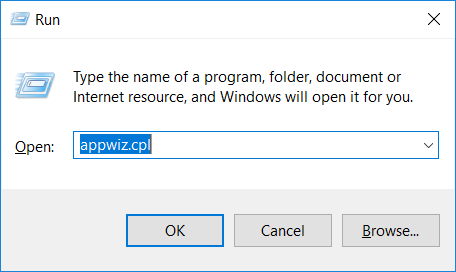
3. The “Programs and features” menu should now appear. It’s a list of all the programs installed on the PC. Here you can find the program, select it, and press “Uninstall“.
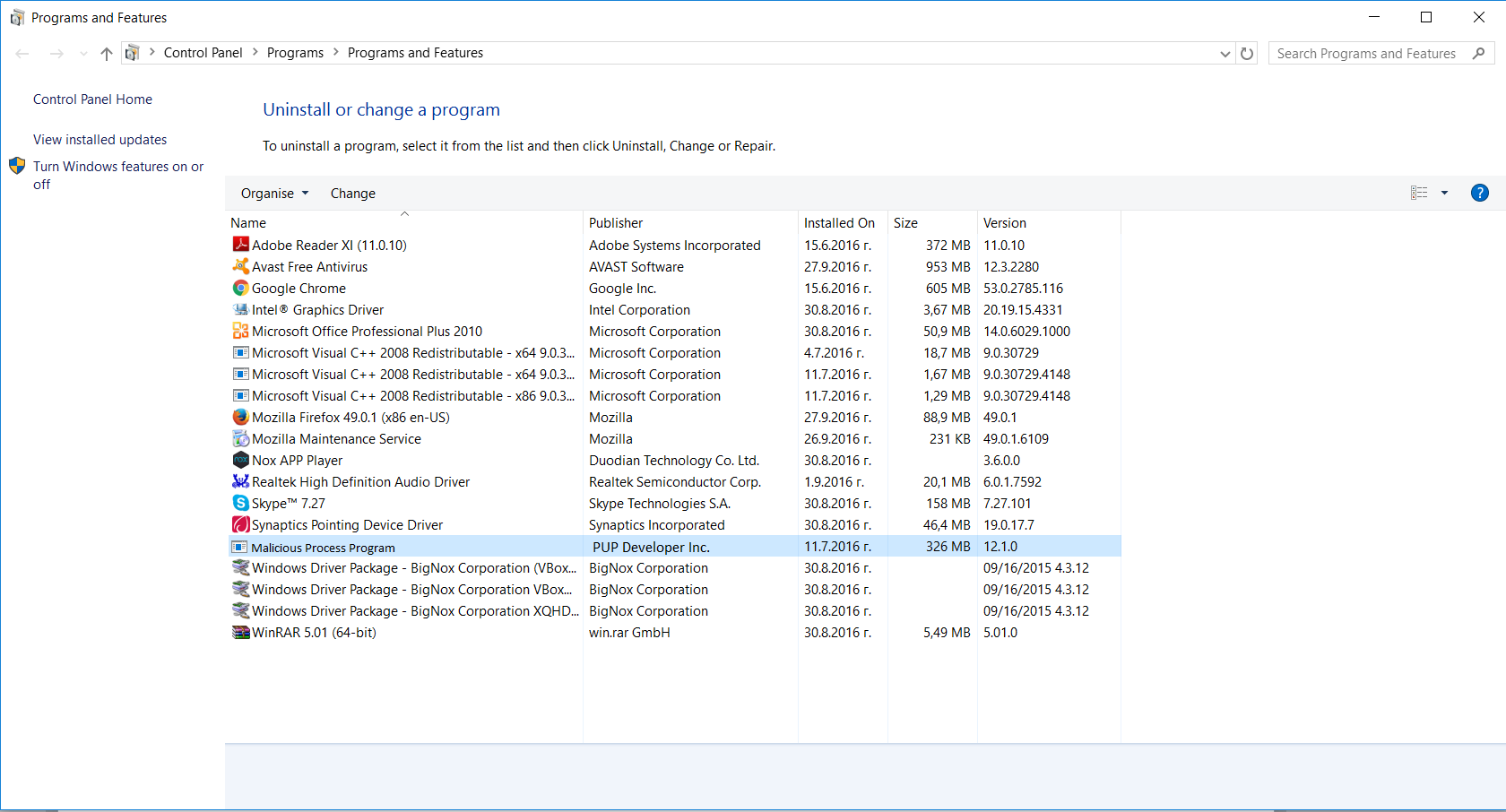
Remove Virus From Your Browser
Before resetting your browser’s settings, you should know that this action will wipe out all your recorded usernames, passwords, and other types of data. Make sure to save them in some way.
-
1. Start Mozilla Firefox. In the upper right corner, click on the Open menu icon and select “Add-ons“.
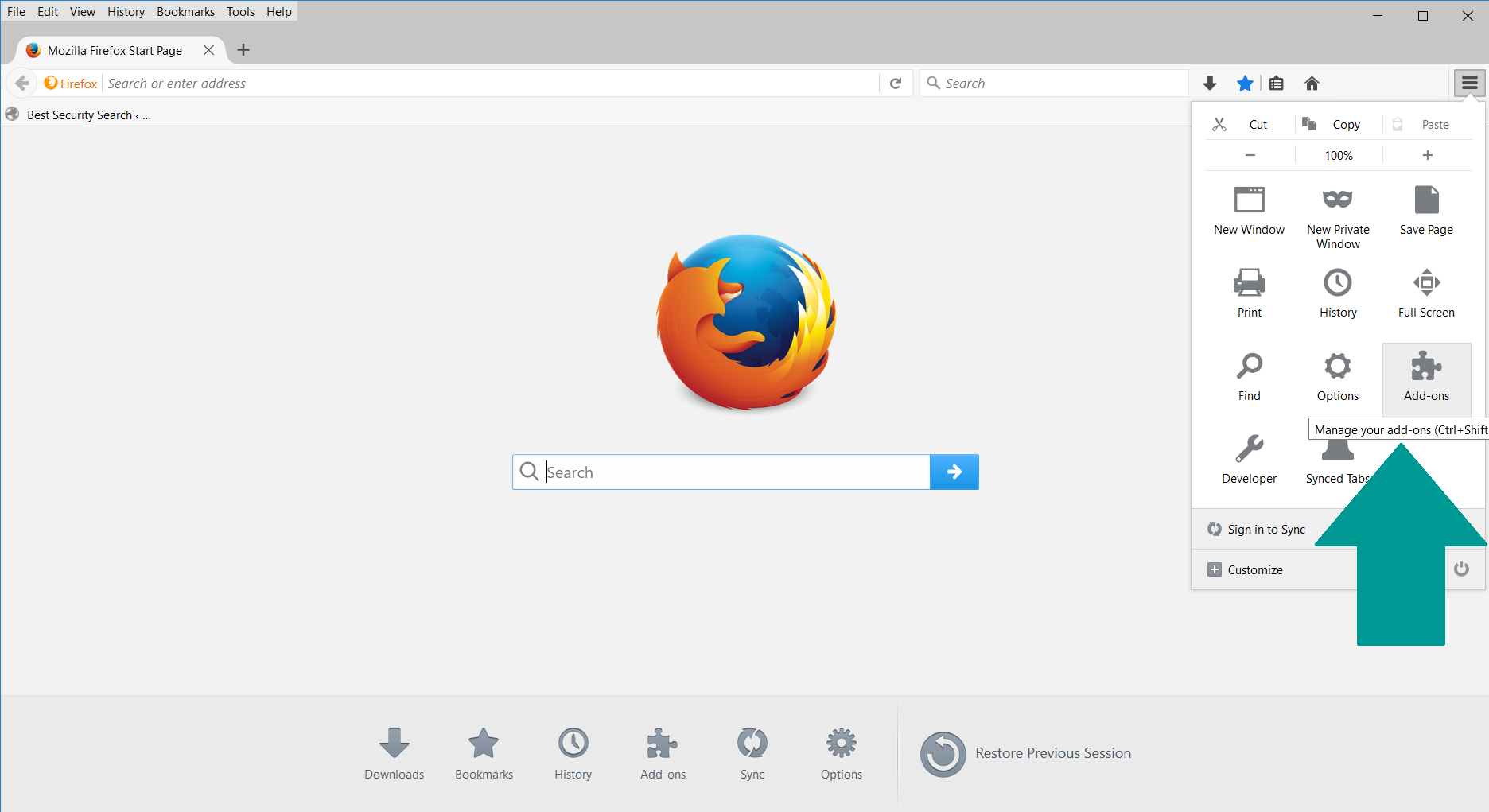
2. Inside the Add-ons Manager select “Extensions“. Search the list of extensions for suspicious entries. If you find any, select them and click “Remove“.
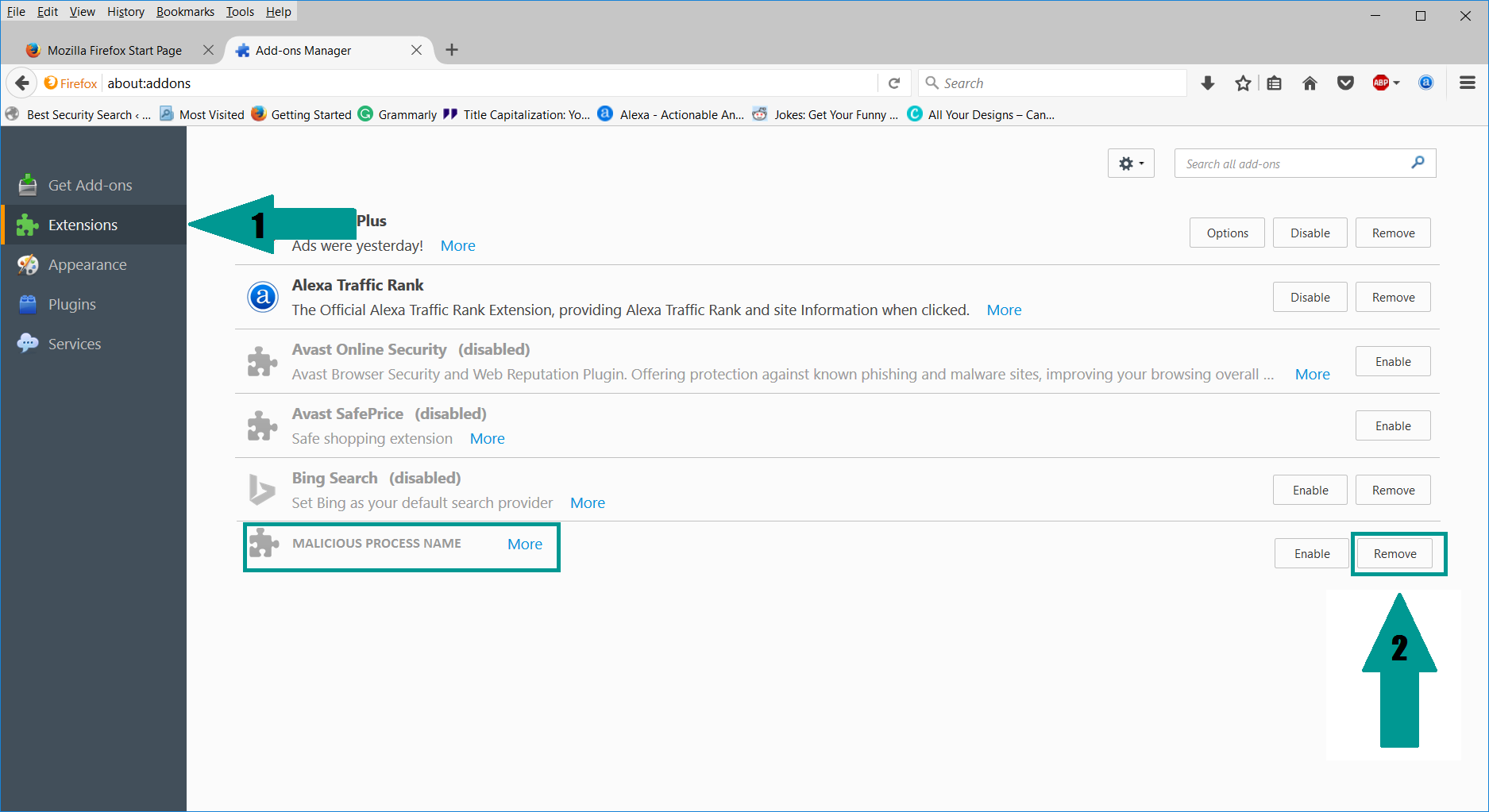
3. Click again on the Open menu icon, then click “Options“.
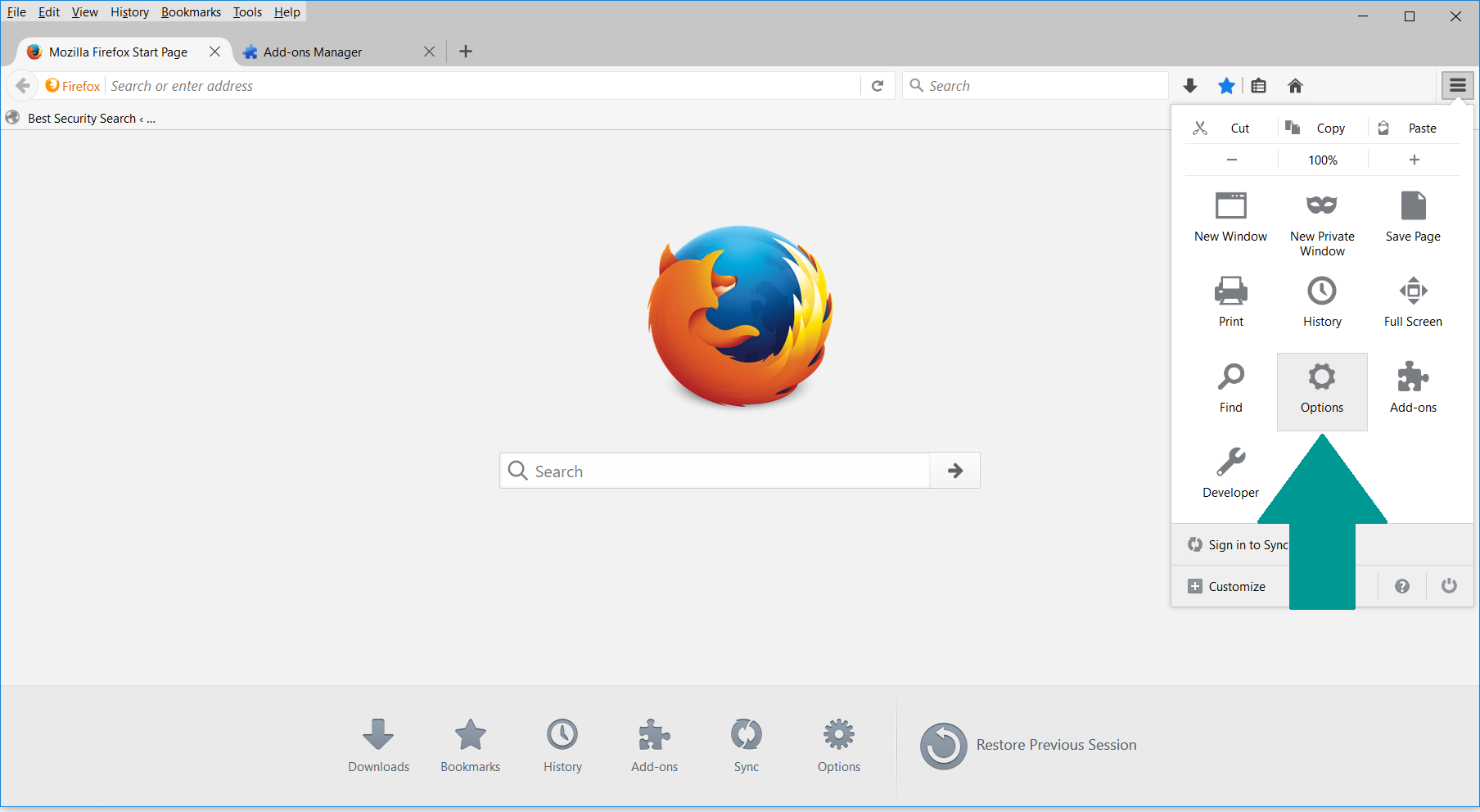
4. In the Options window, under “General” tab, click “Restore to Default“.
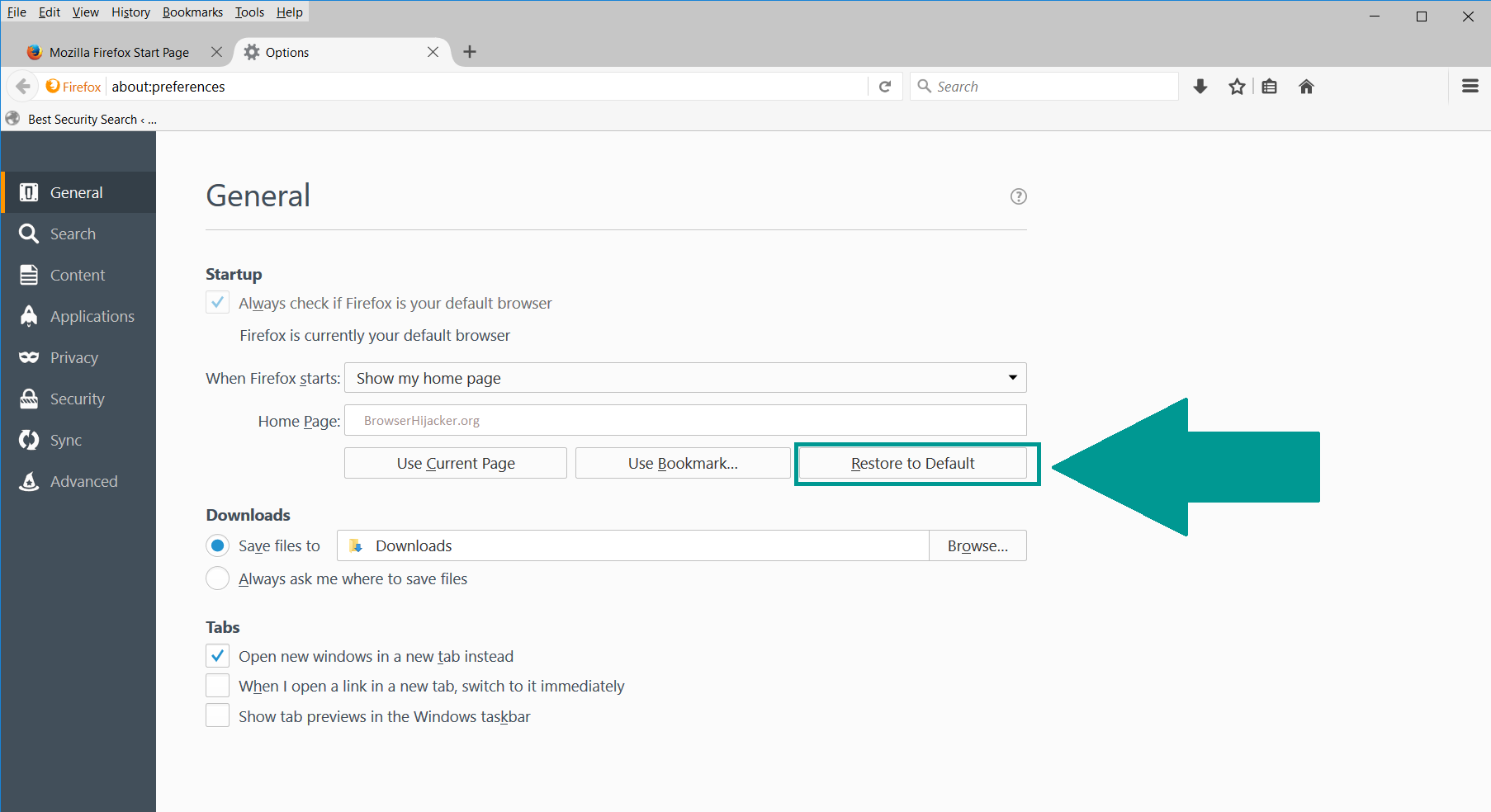
5. Select “Search” in the left menu, mark the unknown search engine and press “Remove”.
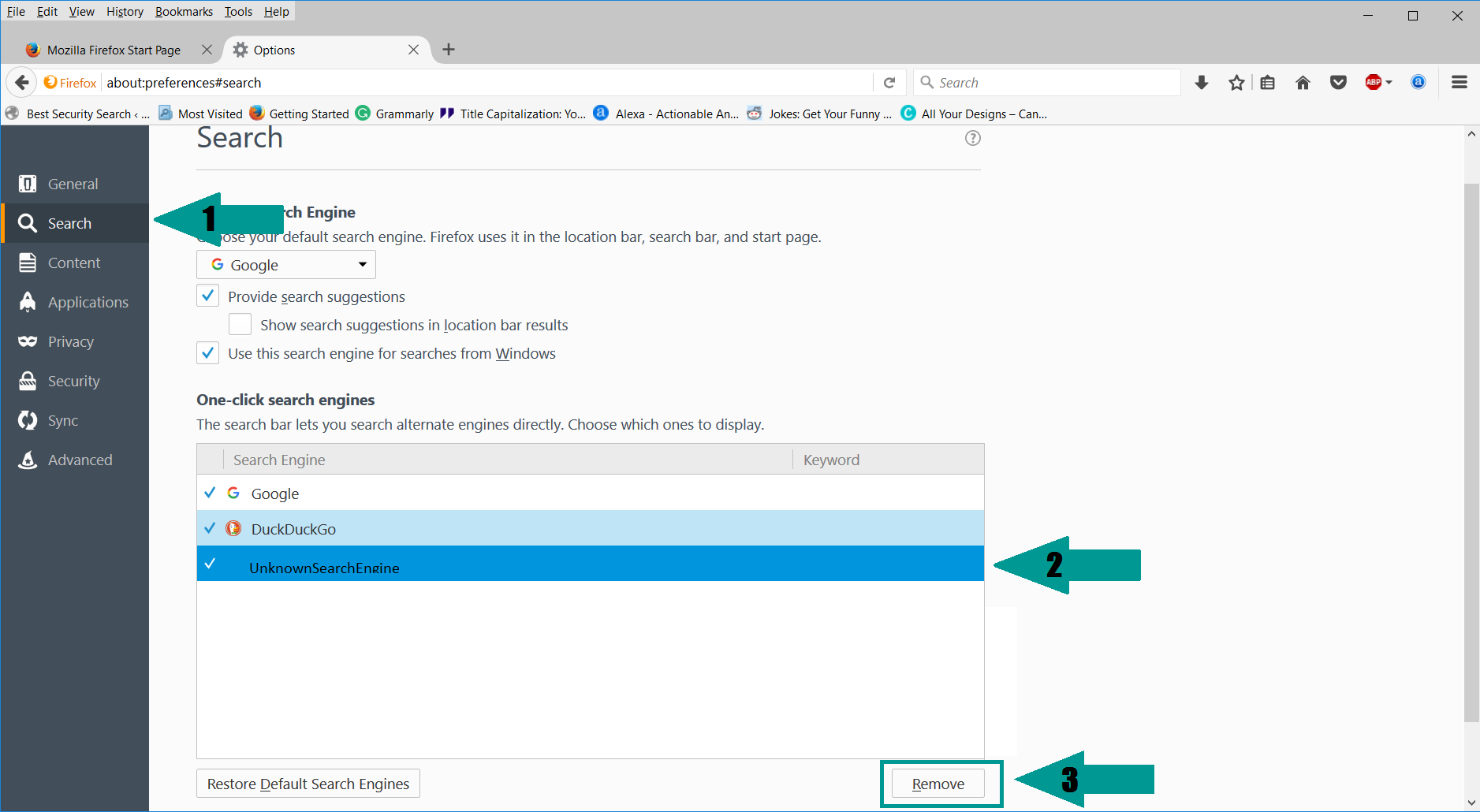
-
1. Start Google Chrome. On the upper-right corner, there a “Customize and Control” menu icon. Click on it, then click on “Settings“.
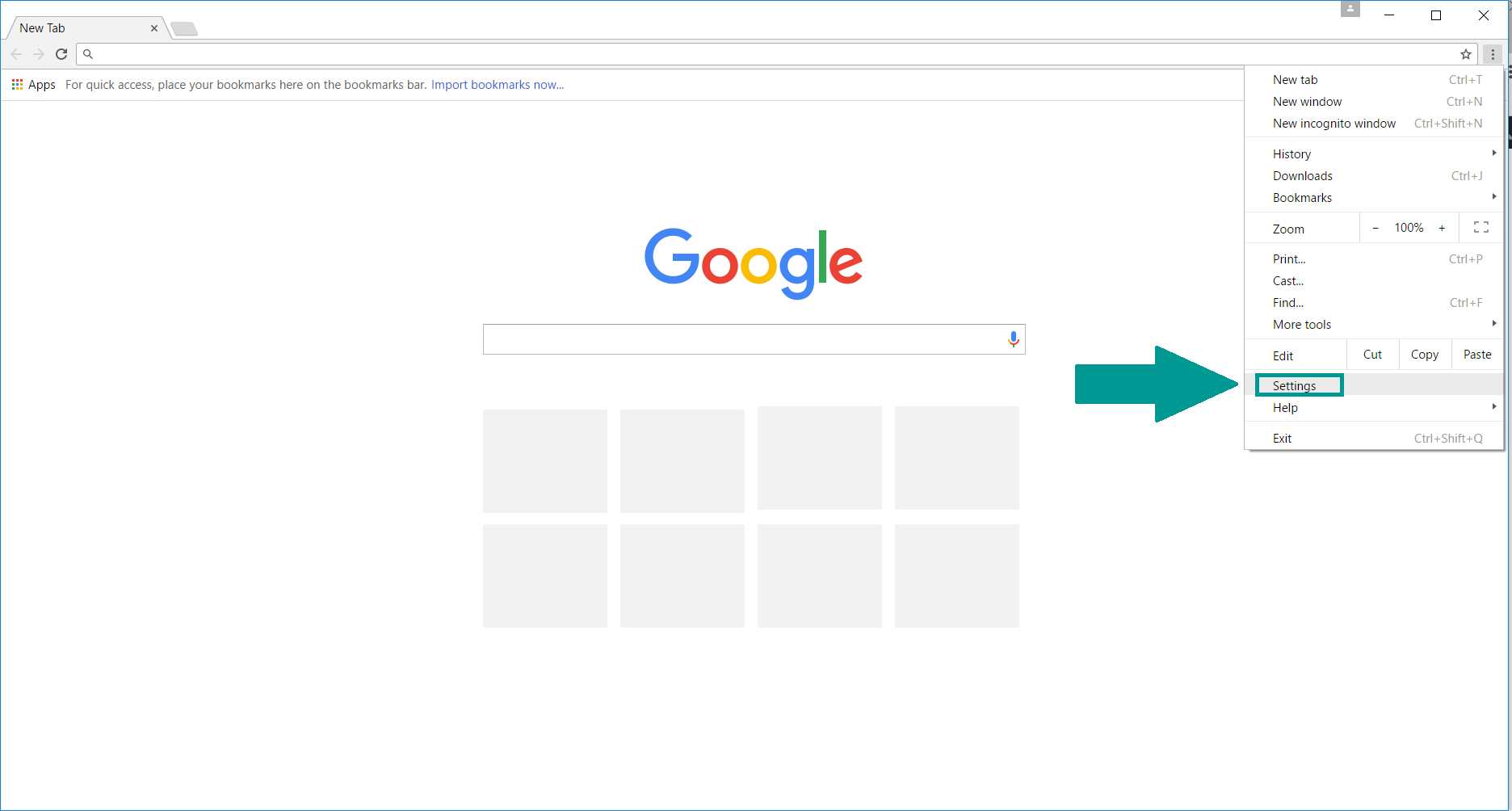
2. Click “Extensions” in the left menu. Then click on the trash bin icon to remove the suspicious extension.
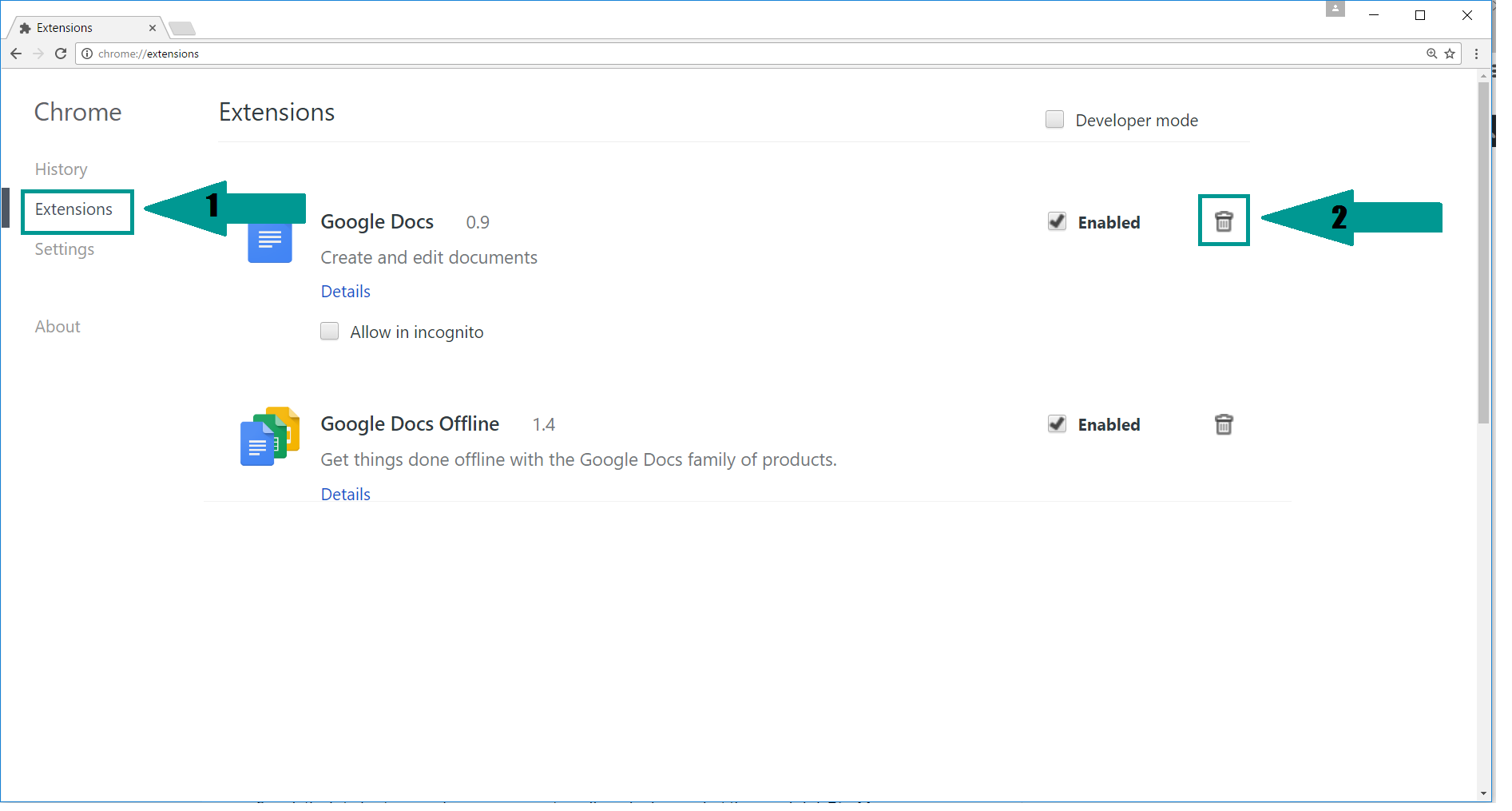
3. Again in the left menu, under Chrome, Click on “Settings“. Go under “On Startup” and set a new page.
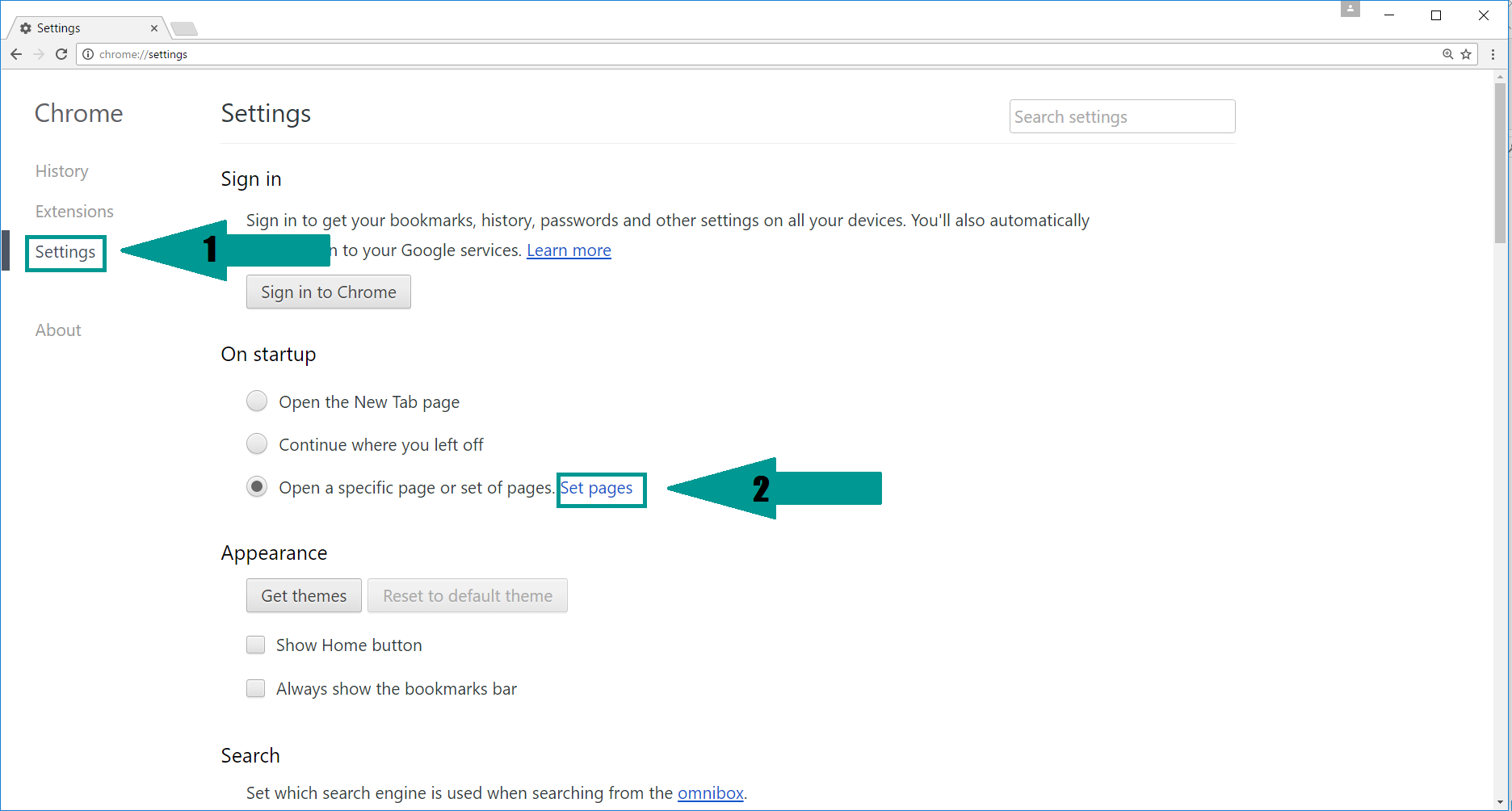
4. Afterward, scroll down to “Search“, click on “Manage search engines“.
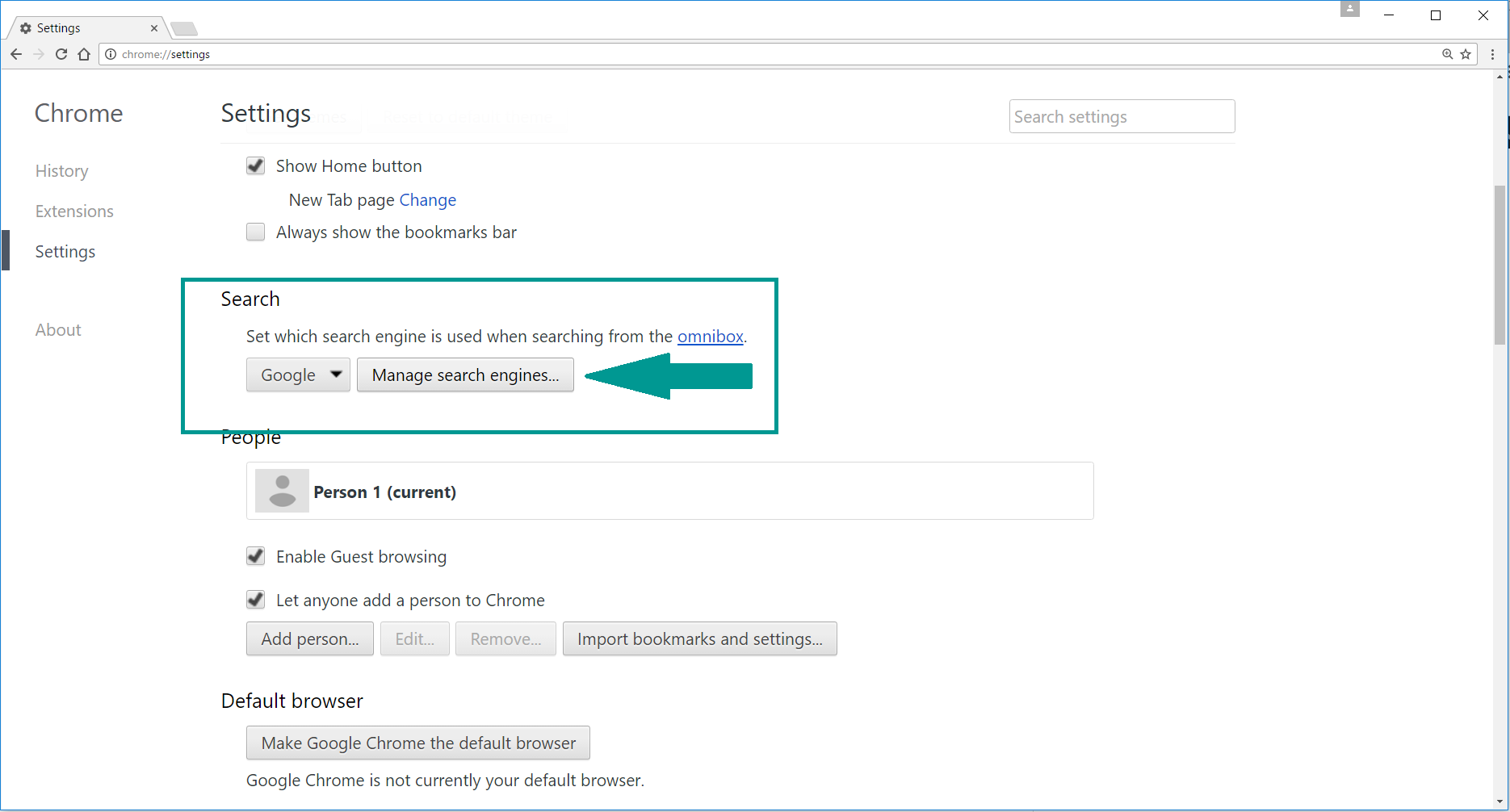
5. In the default search settings list, find the unknown search engine and click on “X“. Then select your search engine of choice and click “Make default“. When you are ready click “Done” button in the right bottom corner.
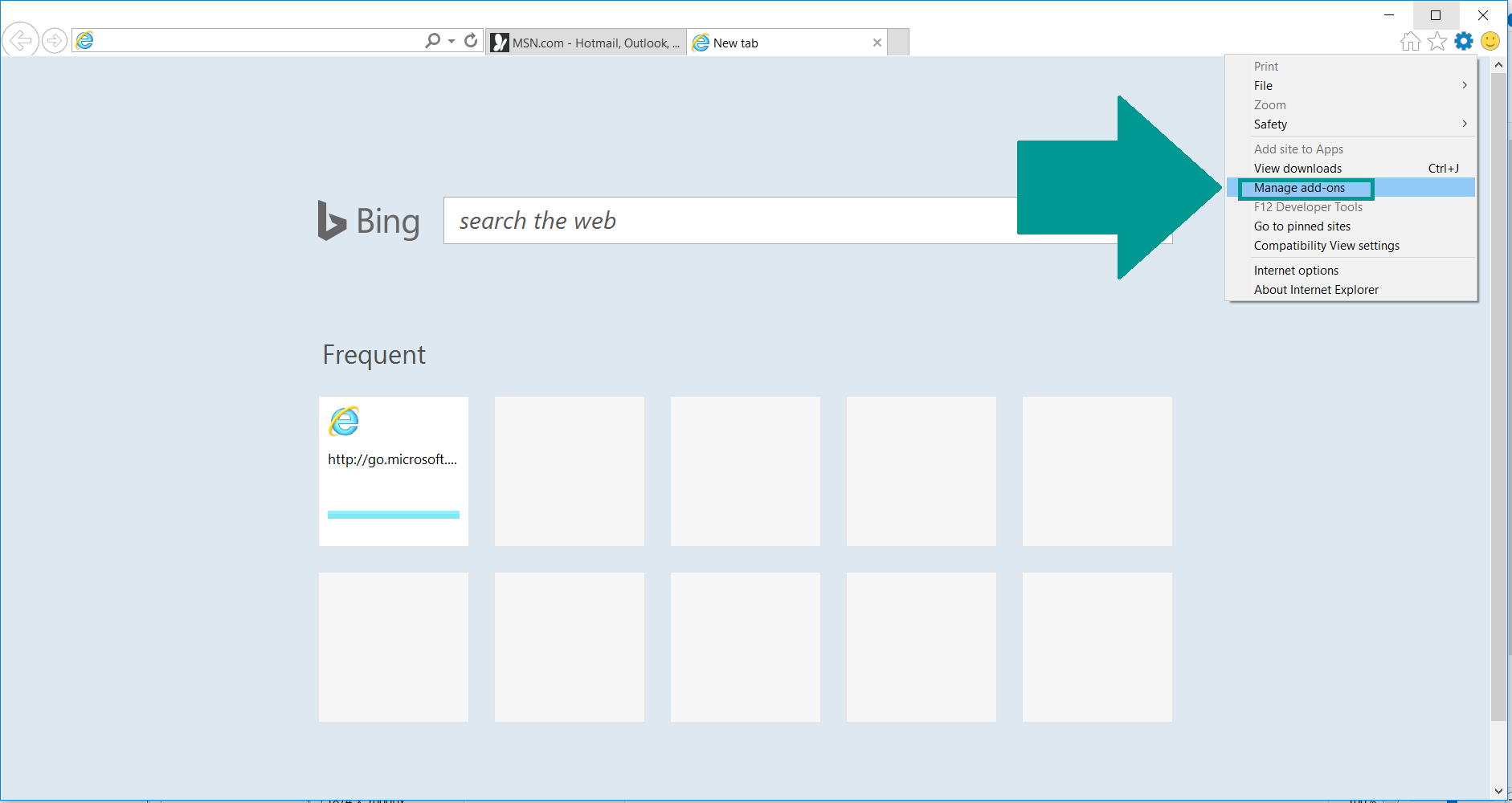
2. In the “Manage add-ons” window, bellow “Add-on Types“, select “Toolbars and Extensions“. If you see a suspicious toolbar, select it and click “Remove“.
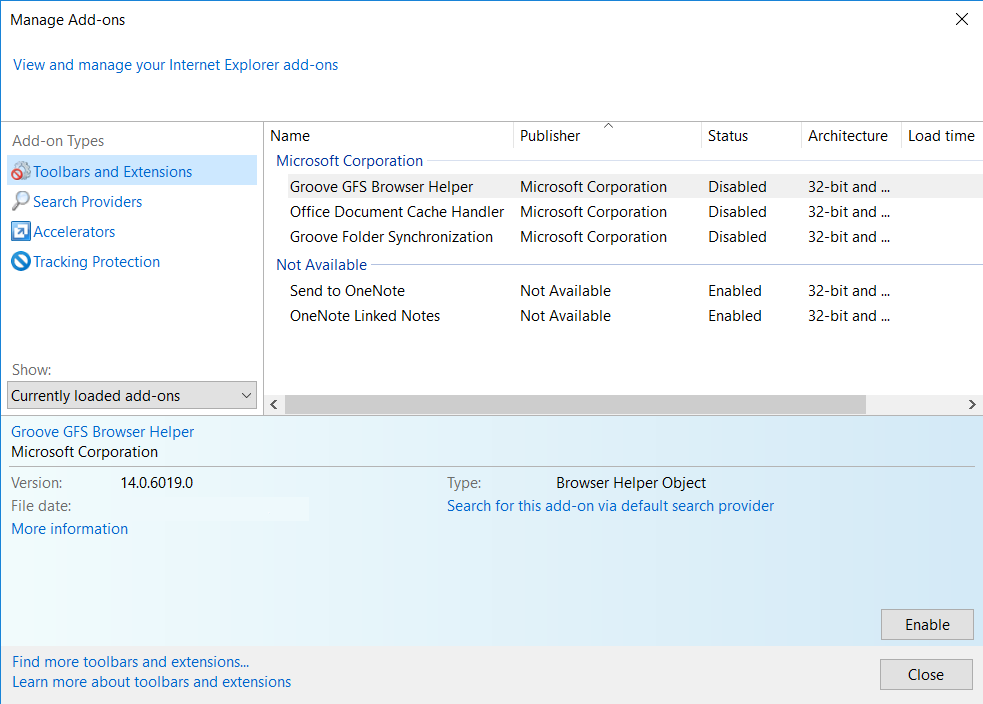
3. Then again in the “Manage Add-ons” window, in “Add-on Types“, Select “Search Providers“. Chose a search engine and click “Set as default“. Select the unknown search engine and click “Remove and Close”.
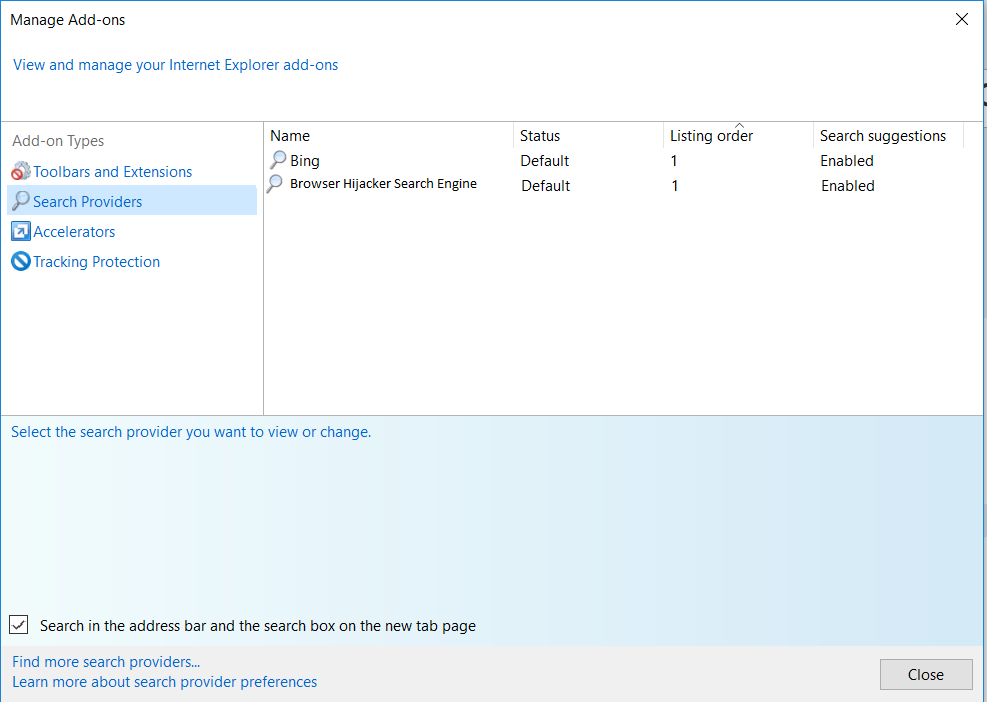
4. Open the Tools menu, select “Internet Options”.
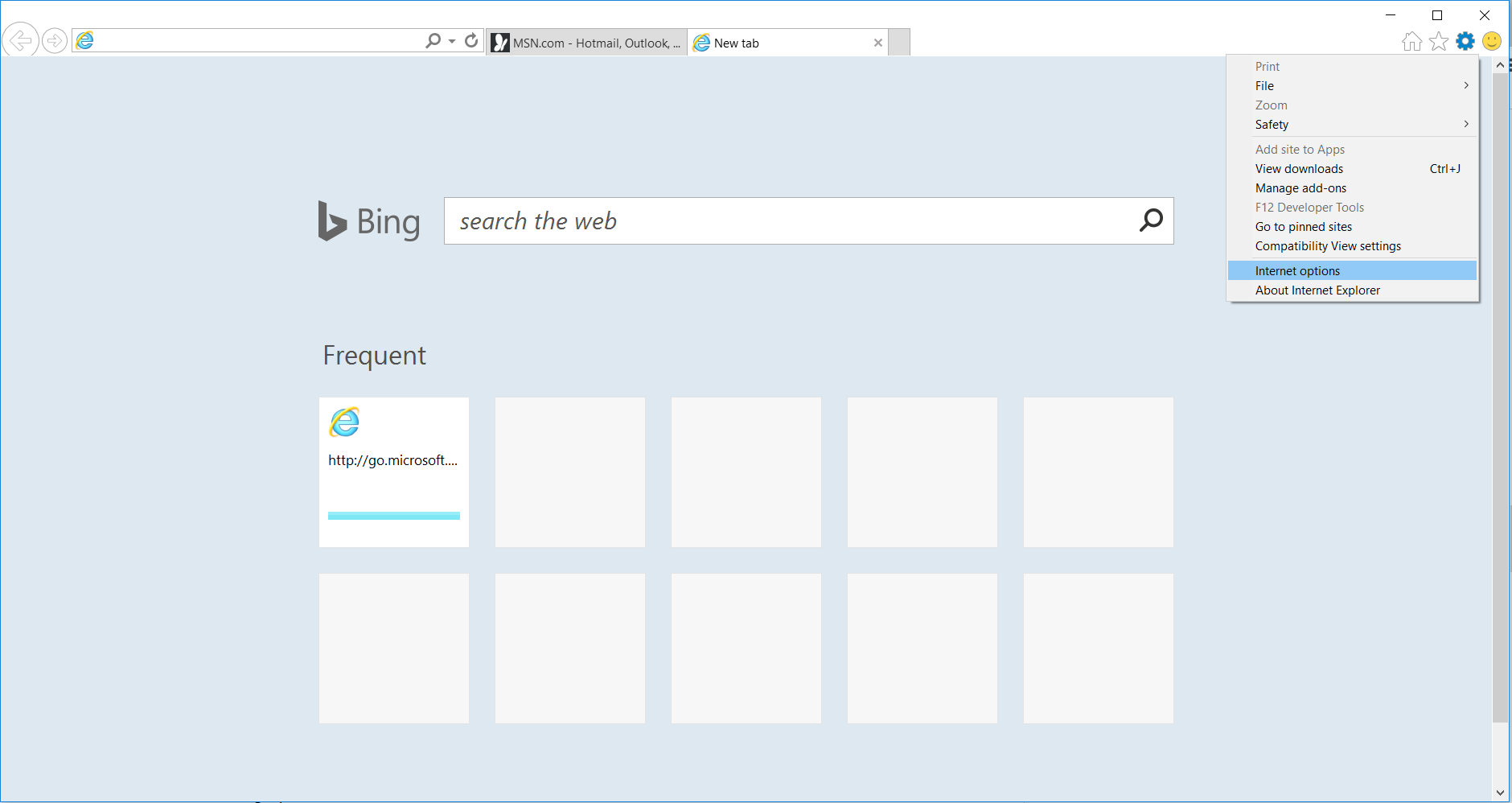
5. In the “General” tab, in “Home page”, enter your preferred page. Click “Apply” and “OK”.
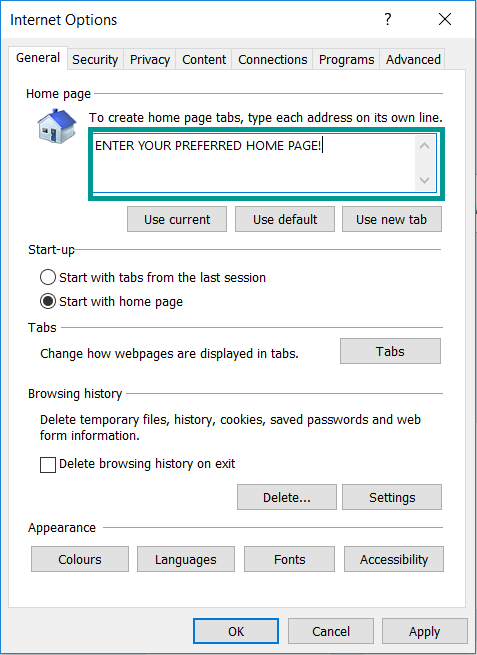
Repair Windows Registry
1. Again type simultaneously the WIN Key + R key combination
2. In the box, write regedit and hit Enter
3. Type the CTRL+ F and then write the malicious name in the search type field to locate the malicious executable
4. In case you have discovered registry keys and values related to the name, you should delete them, but be careful not to delete legitimate keys
Click for more information about Windows Registry and further repair help



